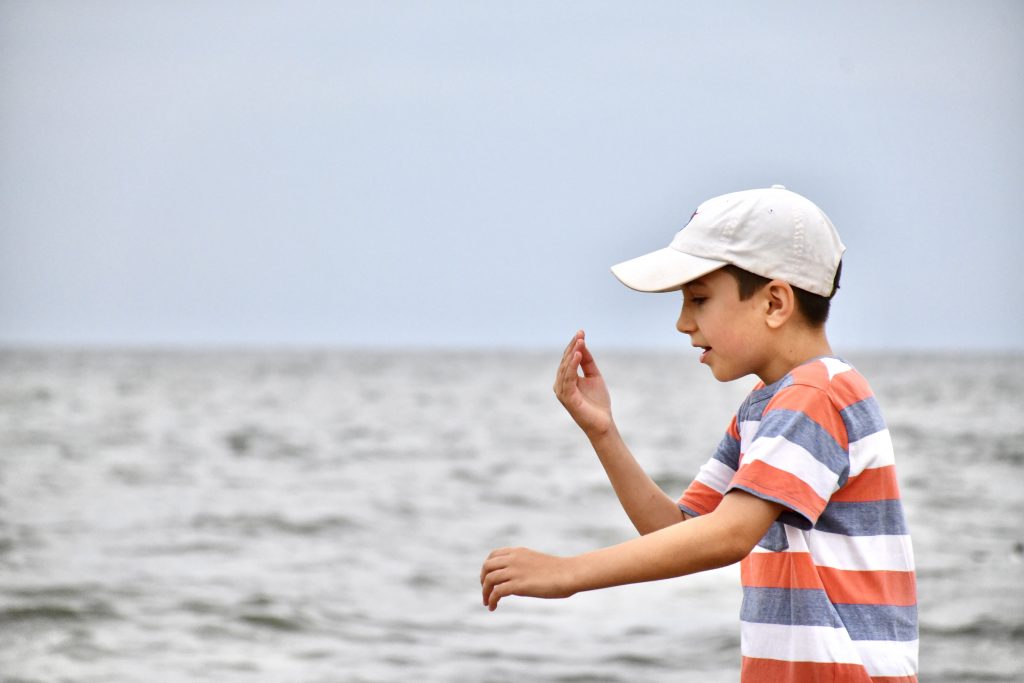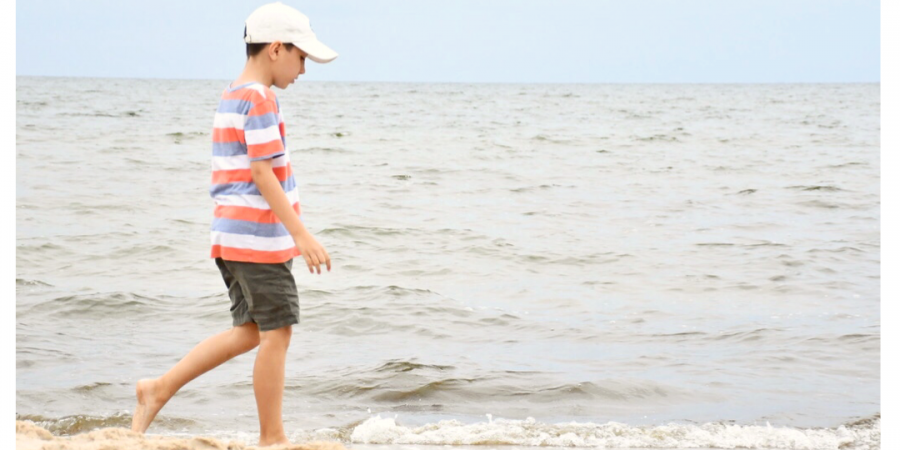Happy holidays to all of you! Parents in summer break! That’s hilarious! We actually made it! I hope you are happily unplugged!
Me and my family I already did 😀
Teaching during the plague made me think about the importance of the relationship between a teacher and a student. And the importance of preserving our bonds as a family, as parents, as loving and caring people who support and are present in any possible situation.
Yes, that simple. Even banal. How important is the connection between the student and his tutor? How much does it cost to put in danger of losing or somehow ruin your tie with your child because of pandemic homeschooling and the new regular routines? How can the era of homeschooling and remote learning knock down these valuable links and connections? What is the education process? What is necessary to achieve positive learning outcomes? Why we NEED school? What price did we already pay in terms of feelings, emotional balance, and mental health?
Education can be described as a process by which adults in society take care of the younger generation to help them establish a positive and concrete relationship with reality.
This is, therefore, the challenge to which the parents, as well as the educators in any possible role, must strive. By contributing to the training of future men and citizens—a person as a whole and integral human being.
The objectives of the teaching today can be summed up in the training and guidance function of the school. Not only in the field more directly cultural or academic. Also, in the development of the personality of a pupil and his active involvement in society.
Today, a lot is said about what a proper and optimal relationship between teacher and student should be, i.e. how to “regulate” those who intend to take up the teaching profession.
Shaping the personality of others is one of the most important and constructive tasks that a person (teacher, educator, mentor) can perform.
It is not enough to be a good teacher: you need to know how to establish positive educational and human relationships with your students. The teacher should be enthusiastic about what he teaches.
Teachers must use the different school subjects, resources and methodologies as an opportunity for the whole human and political growth of young people. The goal the teacher has is to encourage the student to develop and improve the critical skills and the ability to rational analysis of reality.
The education process is an action aimed at ensuring “the manifestation of the human right of every person”.
What about kids nowadays? The student must feel ‘energised’ by the teacher, positively motivated to learn. A large dose of psychology and effort, in general, requires establishing a good relationship with today’s young people, brought up and living in the “digital” era. Requires a lot of patience and readiness to listen and speak. To use a language that is always understandable in various situations. It must be transparent and impartial, offering its students the learning of a specific model of life, as well as multiple competencies like the courage to be different and the acceptance of diversity.
The teacher’s figure is a complex one, it contains several aspects that often place emphasis primarily on preparation, skills and education. Educational qualifications, refreshing courses, hours devoted to the development of innovative projects, the ability to master various teaching strategies, all this undoubtedly makes a teacher a good teacher. And this is one of the pillars of the ‘good master’.
Elements of teacher-student relations must go far beyond the innovative methods of today’s education, aimed at cooperation and teamwork. Indeed, with the help of not necessarily conventional techniques, you can see the nuances of the student’s personality, which may not be revealed during a standard lesson. It is no accident that the relationship with the teacher is an element that has a significant impact on school performance, and above all, has a substantial effect on the child’s school adaptation, social development.
The school is a “system of relationships” capable of supporting the growth and development of the person as a whole.
The school is the primary context in which the learner undertakes his arduous identity process. Therefore, it must be characterized by an excellent internal atmosphere based on mutual respect and dialogue. Discussion and collaboration that does not exclude conflicts, but can recognize and elaborate them to put them at the service of the learner’s identity development. It’s not only the process of knowledge and culture transmission. It’s also or most importantly, the introduction into society. It’s about to be able to use all the student abilities and potentials at maximum.
A fundamental competence of the teacher is, therefore, that of knowing how to manage interpersonal complexity. Negotiate conflicts and thus foster a collaborative and inclusive climate of differences in the class. It means developing a context that satisfies the basic needs of pupils.
The school is a gym of equality, a place where students are trained as citizens, active in public life, and capable of exercising and express free thought independently.

Now, thinking about months of homeschooling where parents or caregivers became children’s teachers make me feel a bit disappointed with this bittersweet kind of taste. For us, parents. It was transforming our homes into classrooms. Hard to stand for those who suffer from the transition stress and felt helpless because of its impact.
For those who couldn’t help themselves. For how miserable we were – instantly and without retreat or retribution. Forced to stand in the first line, facing the distant schooling, closed within four walls in the name of everyone’s wellbeing. We embraced the new normal and had no mental health support in case of psychological issues of any of our family member. We were exhausted because of the lockdown craziness and social distancing – condemned to the boons of the internet and social media to keep our sanity up and running – staying physically and mentally healthy.
To sum up – we are not made to be our kid’s school teachers! However, we are not their friends, either! And that feels totally fine!
Why?
Because we should be a ‘safe house’, a ‘sheltered island’, a pillar of strength. We do not want to be associated with stress, morning register, and fractions.
It really feels good to be just a mother, a parent, and it’s ok. I think both sides – teacher as well as student – their attitudes and emotionality are in the first place in the hierarchy of priorities where the key role and mutual goal is education, academics, guidance, and preparation for adulthood as well as development of correct and socially accepted patterns. And there is no way that any possible and ‘the bestest’ learning platform ever could replace or match and live up to the relationship between a teacher and a student.
Students need their teachers. And that’s actually how it should be. And if you, a mother or a father, feels better in the role of a parent and not your child’s academic and technical stuff – feel free to stick to this feeling. You have all your rights!
And I hope all you that were stressed and felt horrible making pressure on your child about engagement into the virtual classes feel better now. Feel good and enjoy the summer holidays. This break is also for y’all! You’ve earned it! Well, we’ve earned it!
